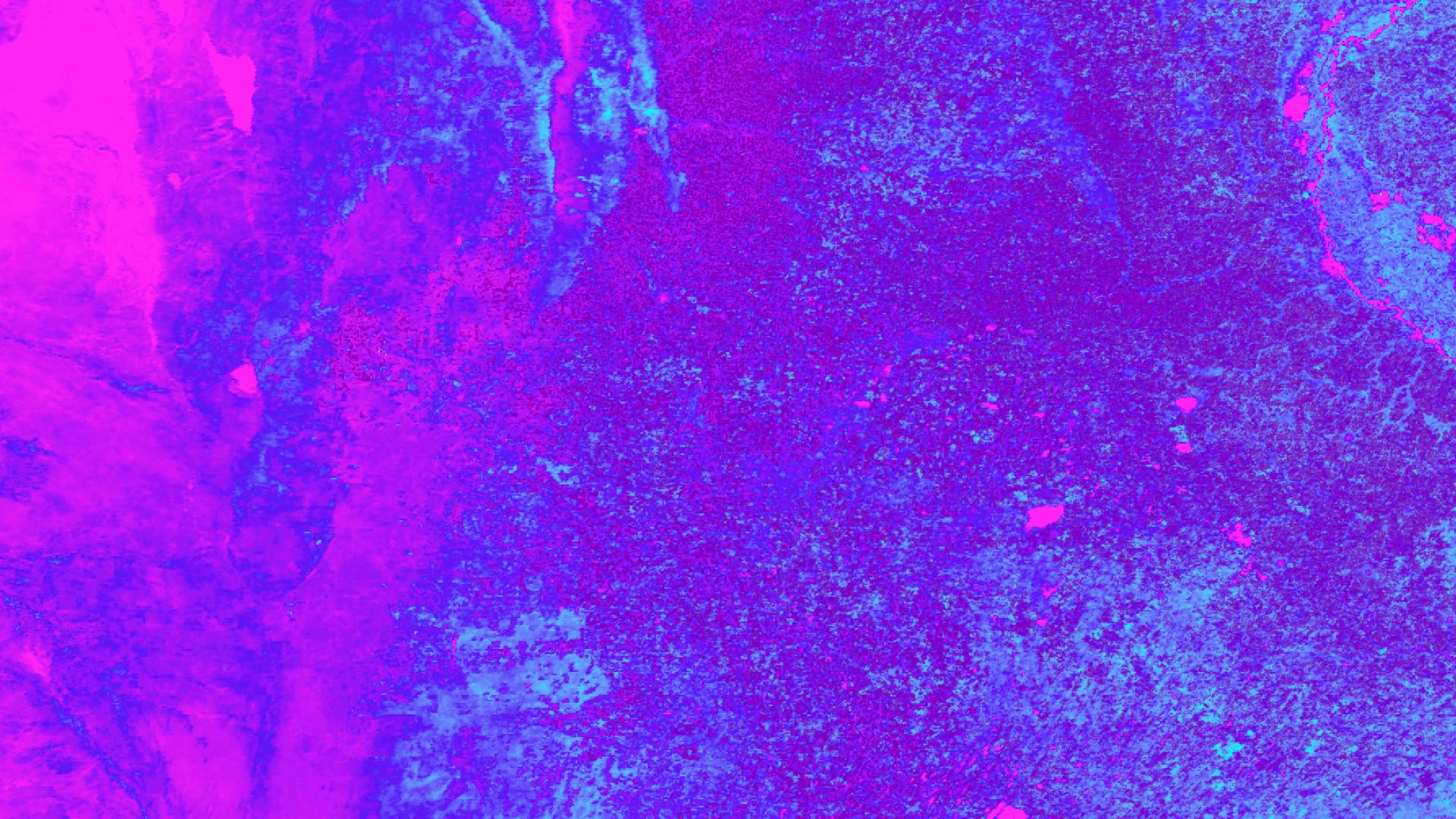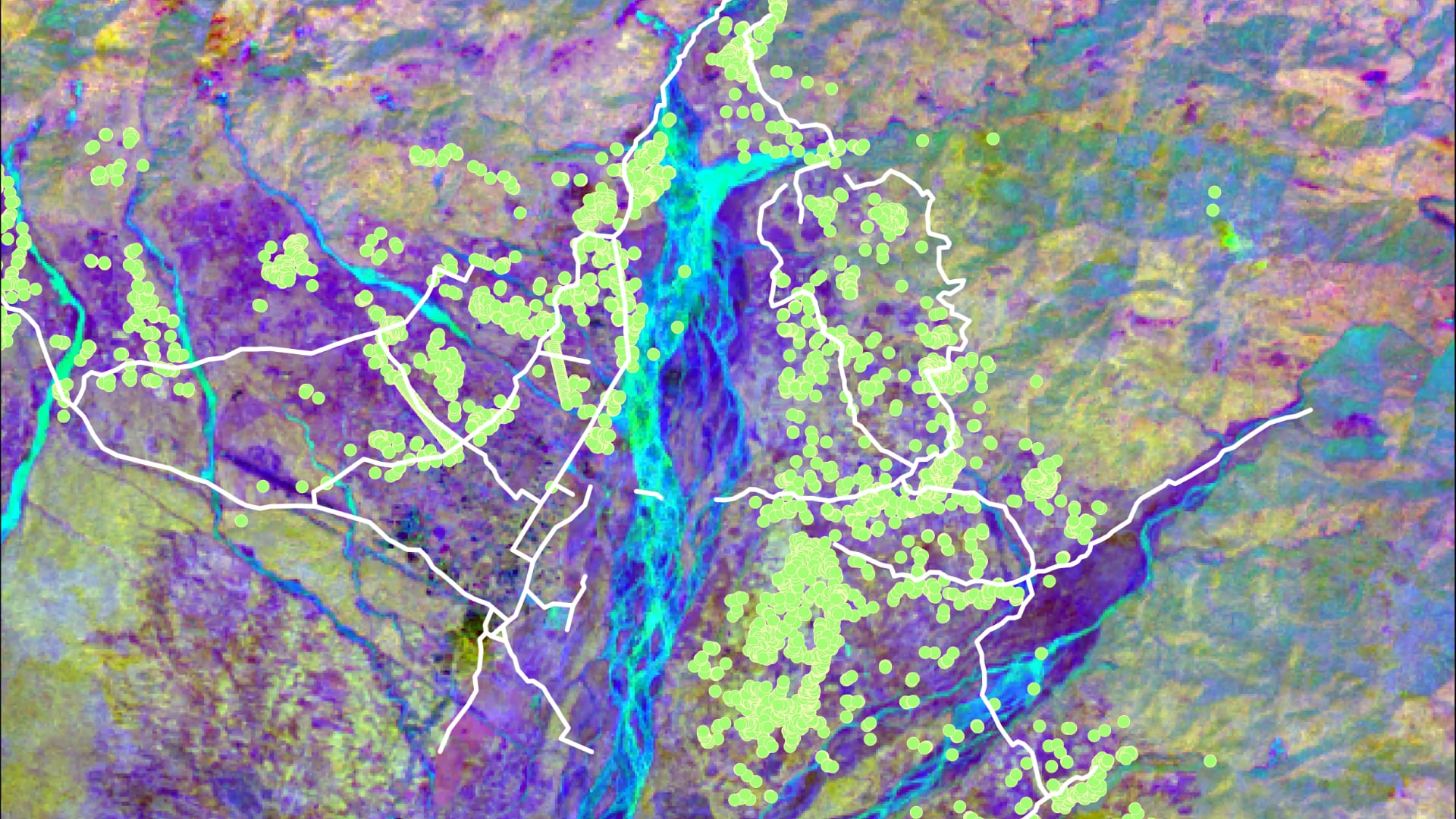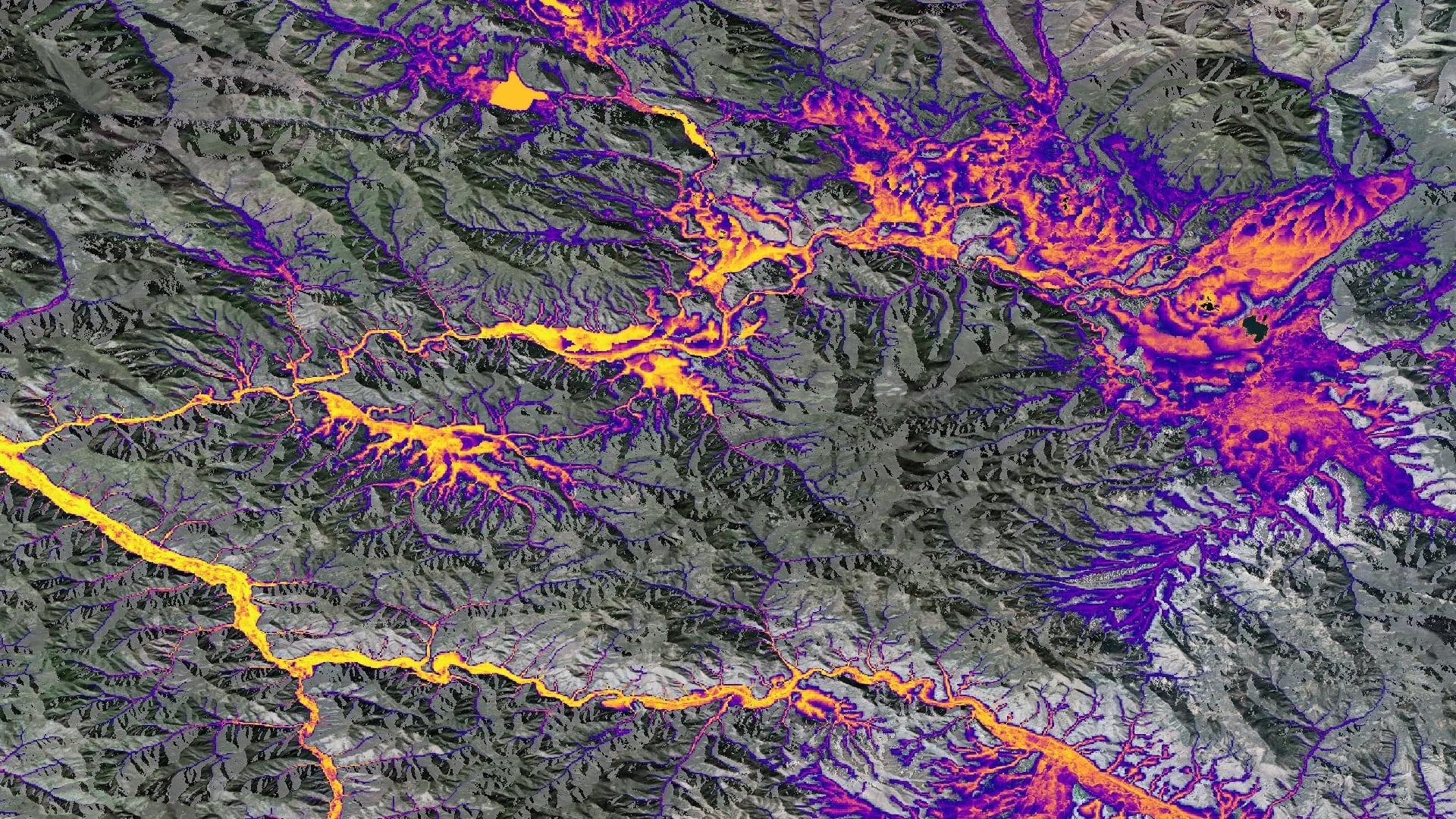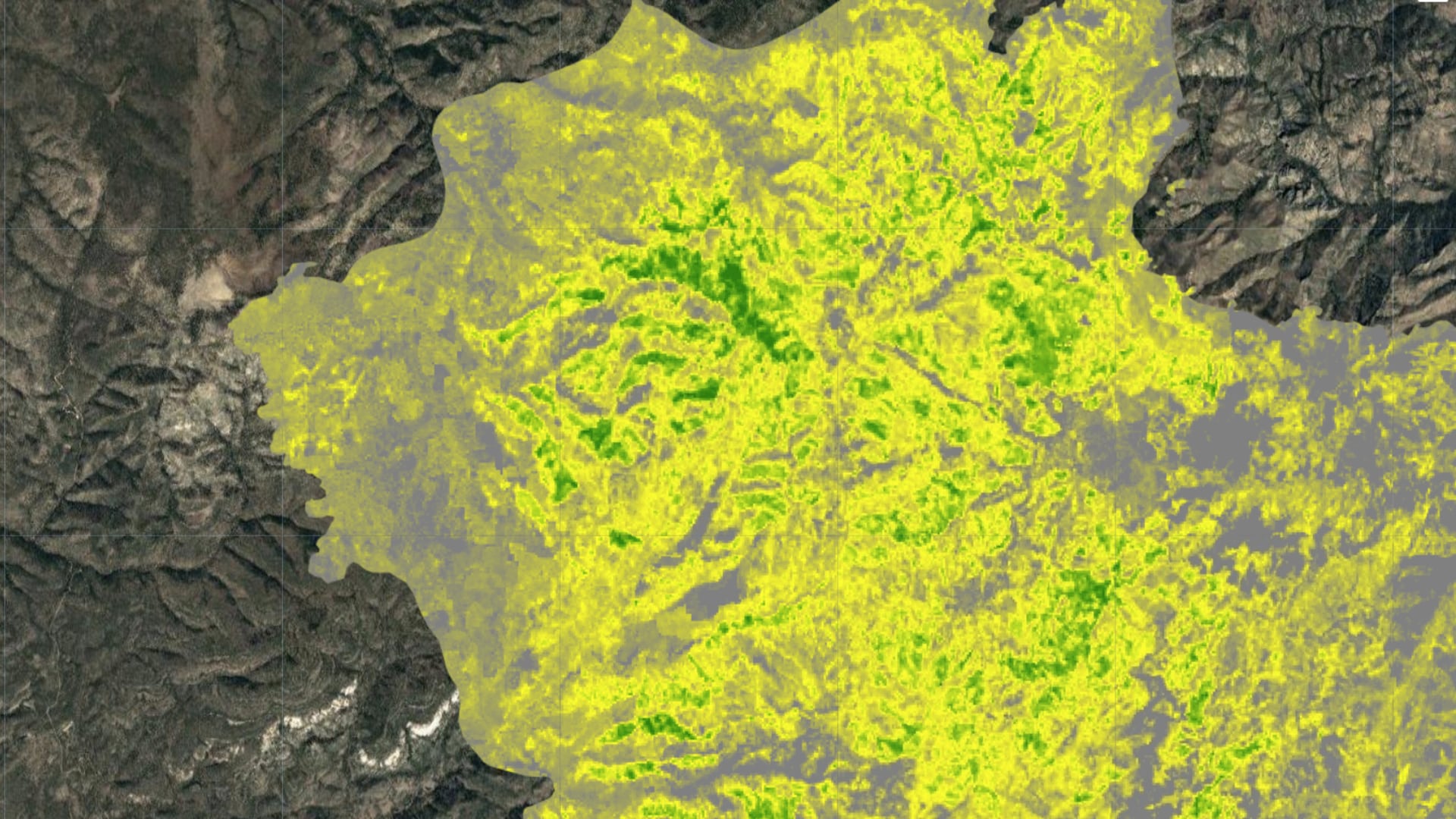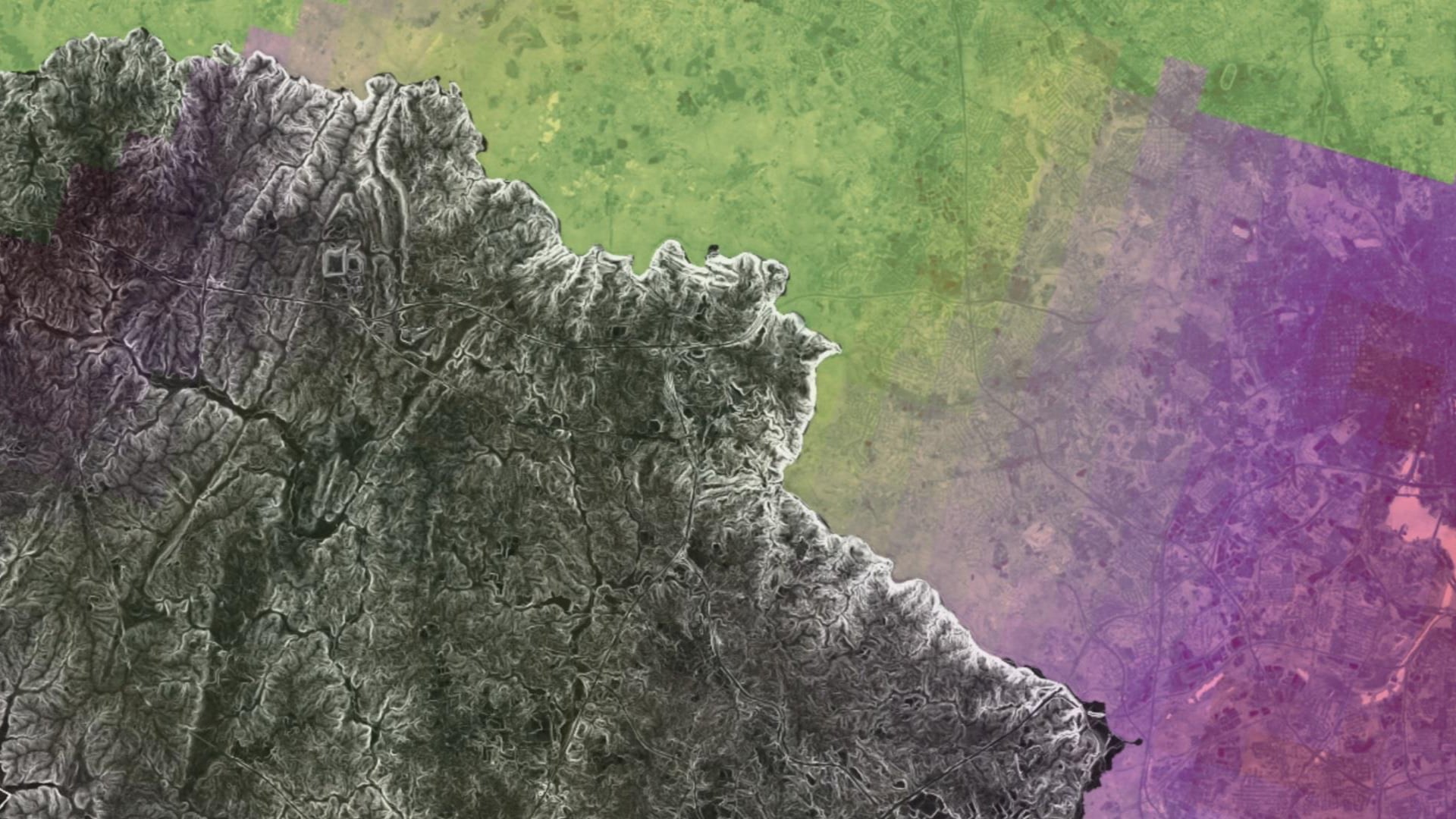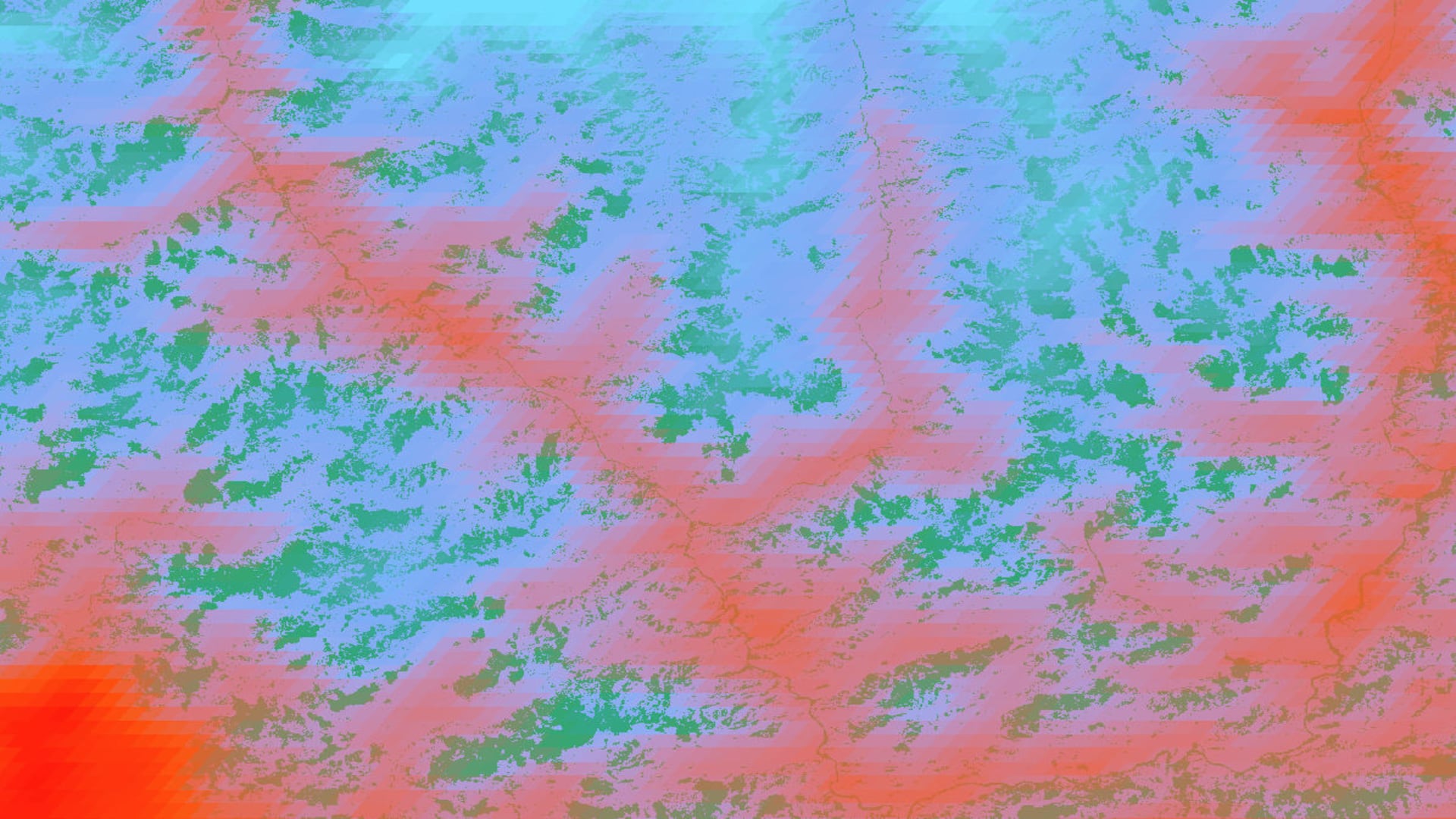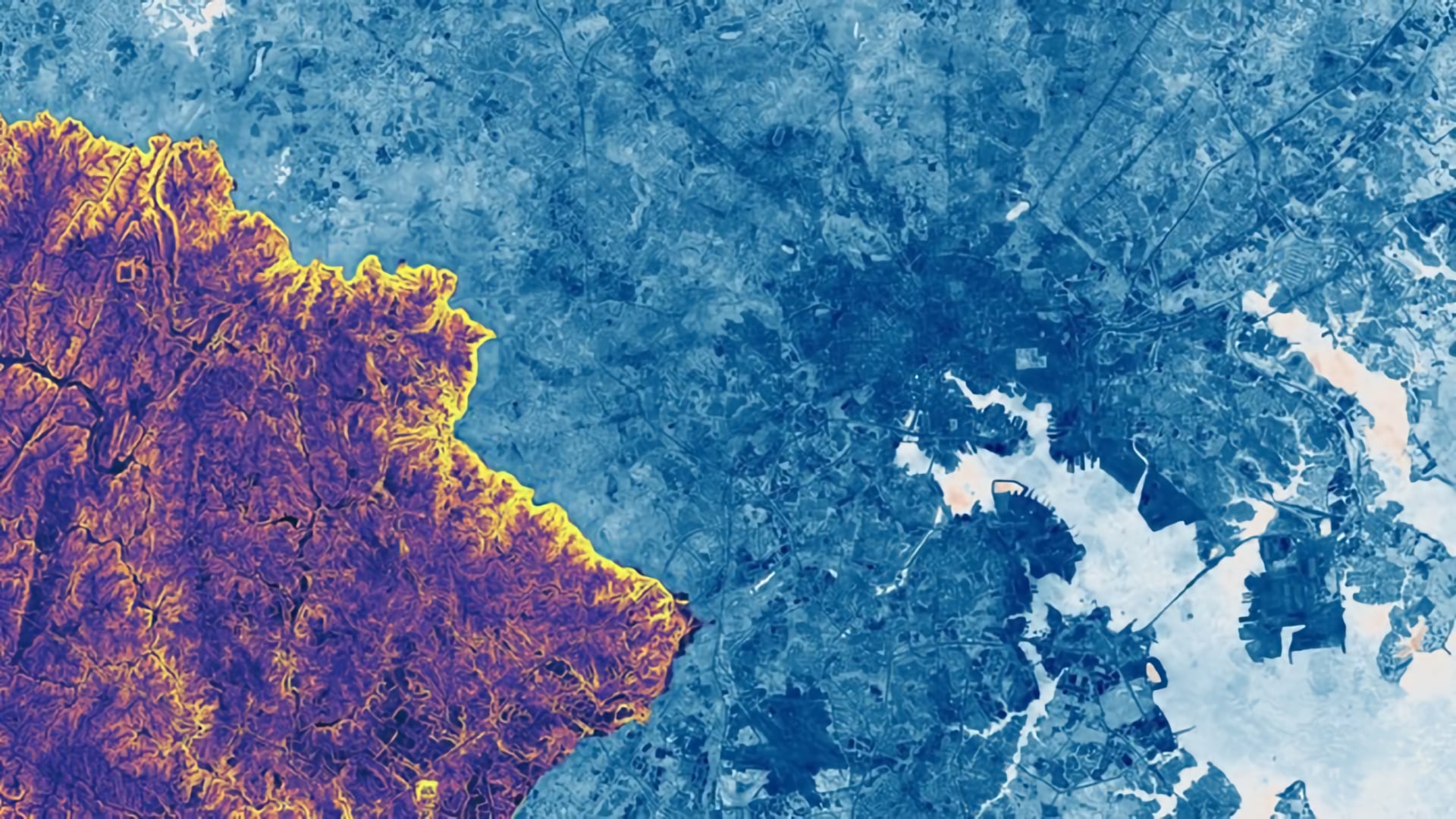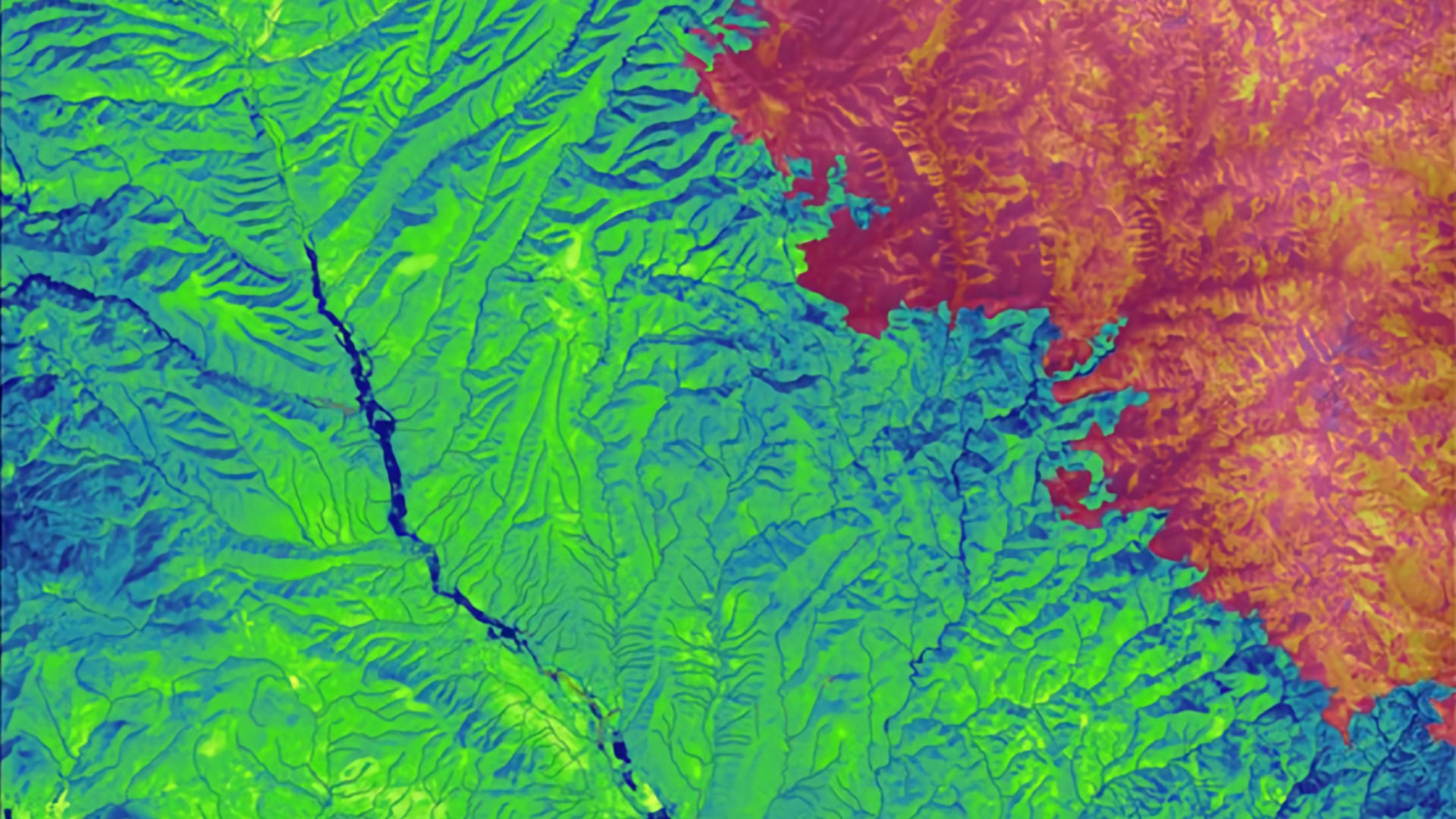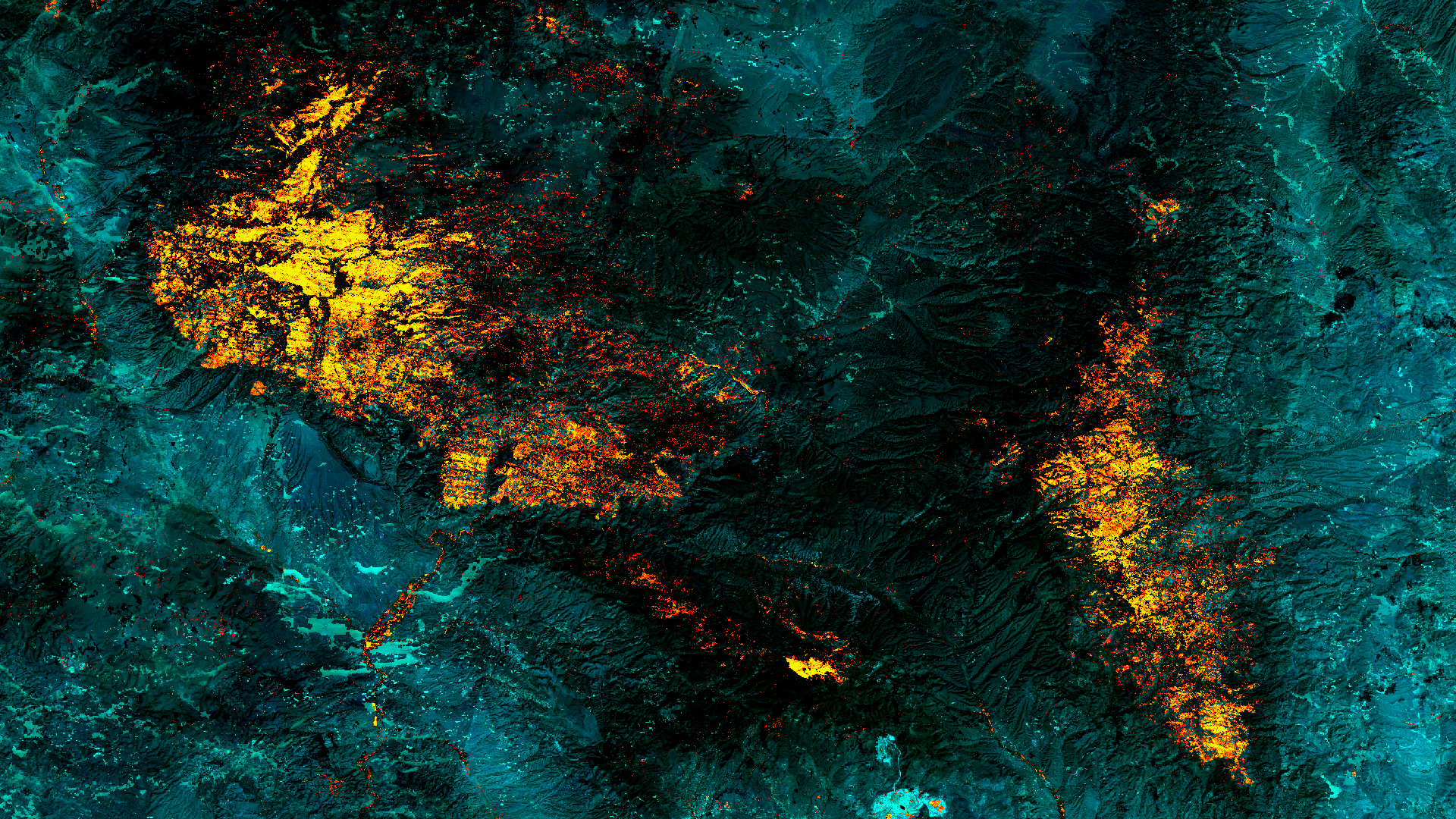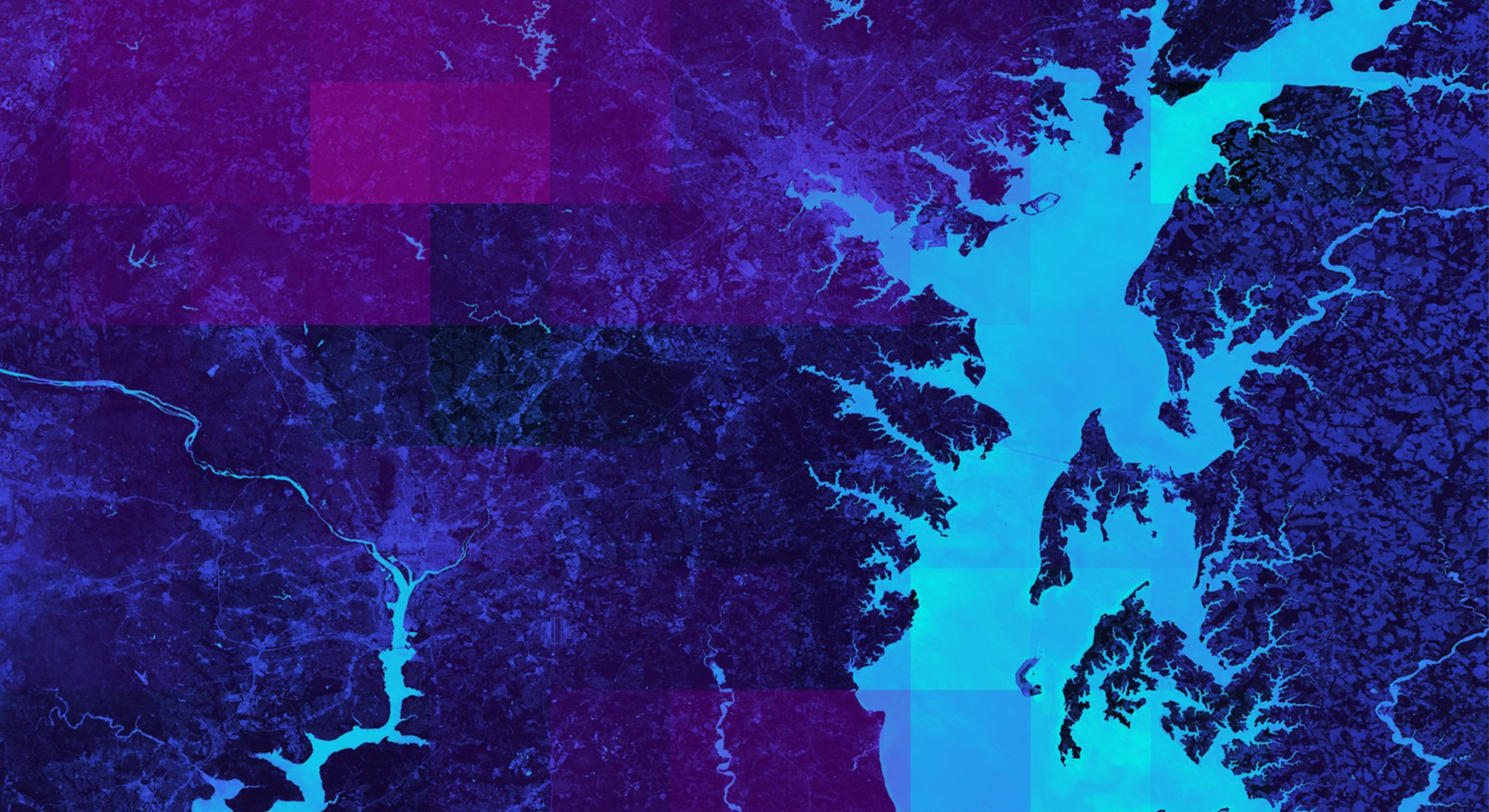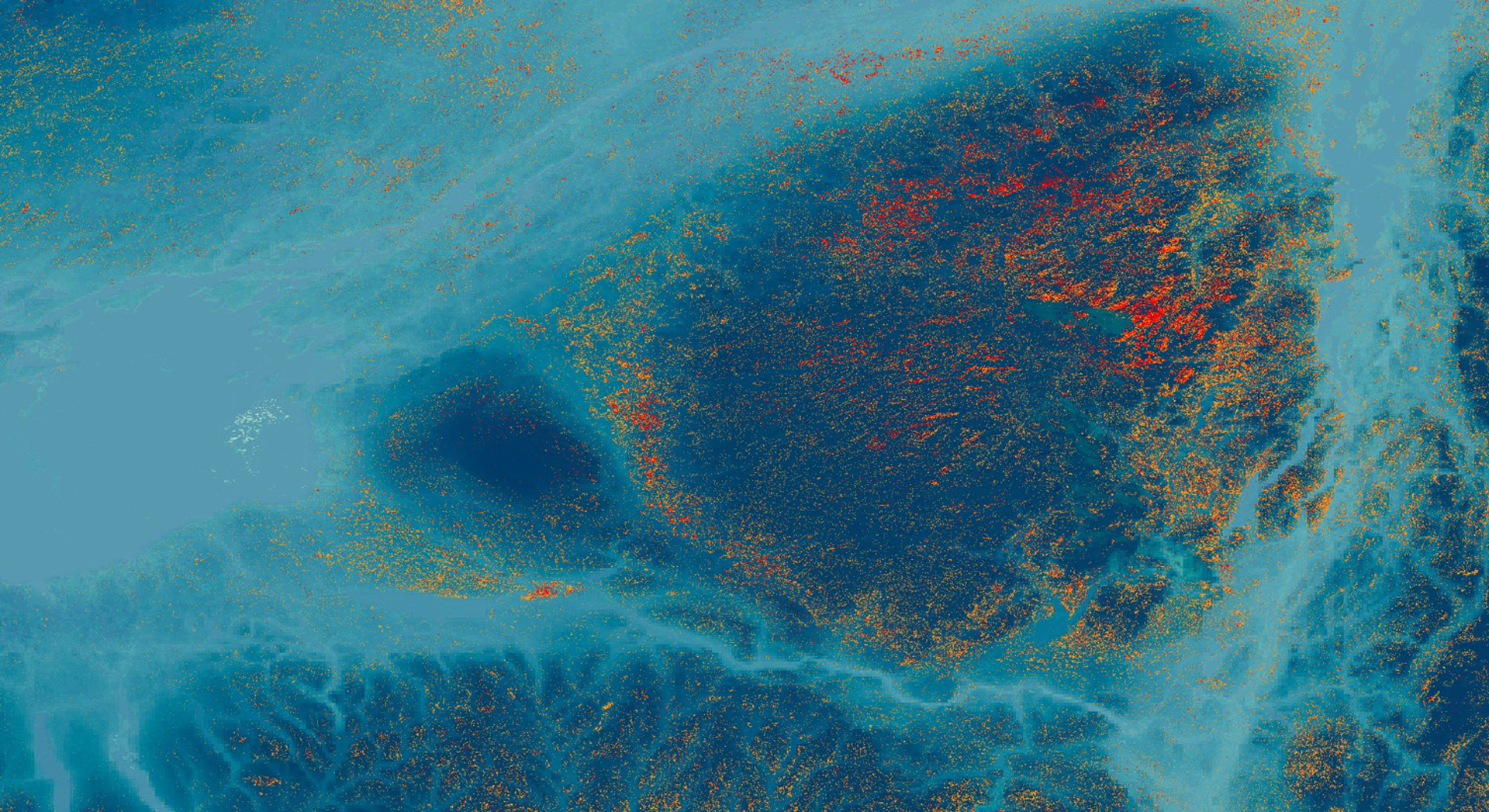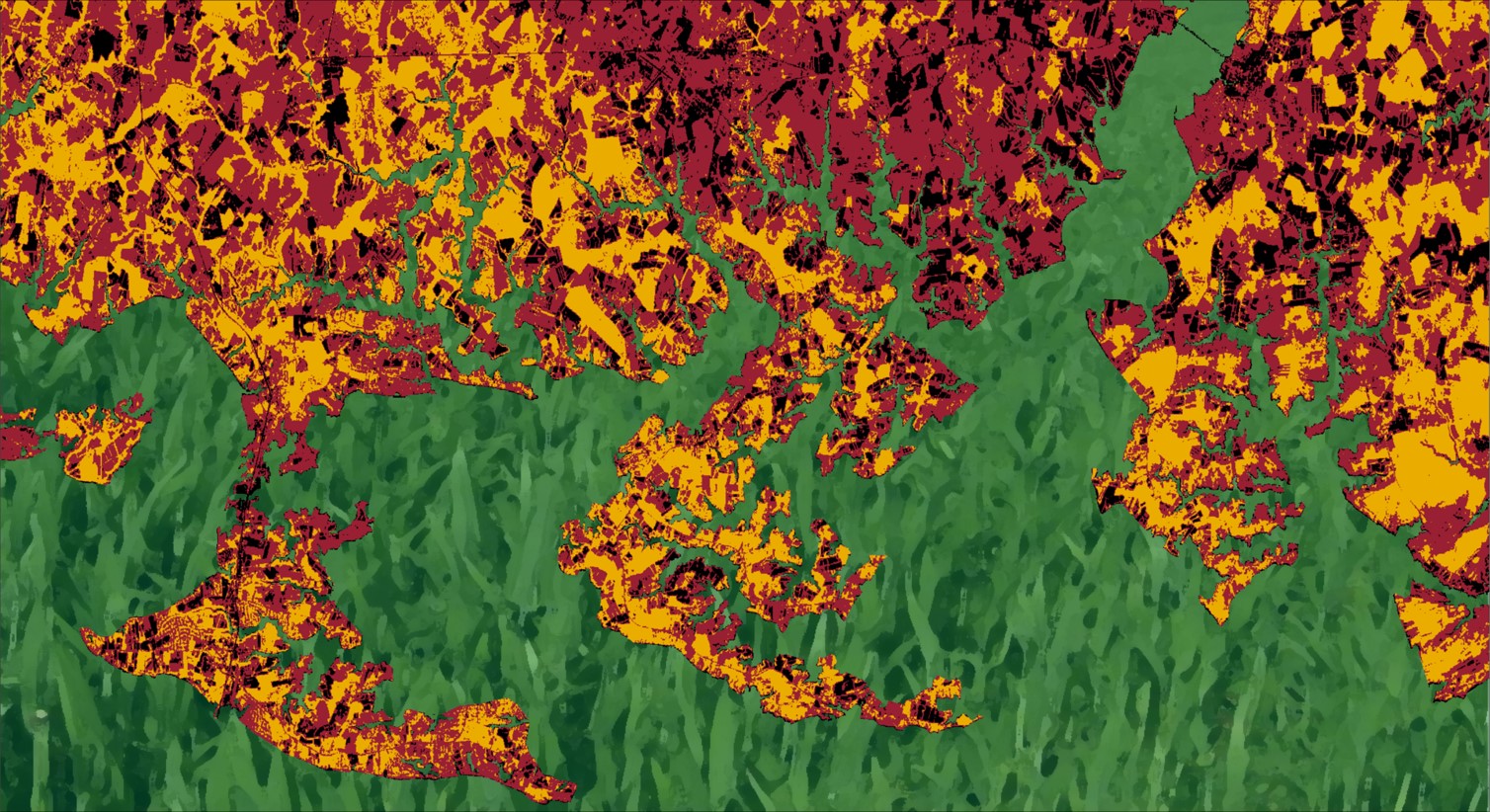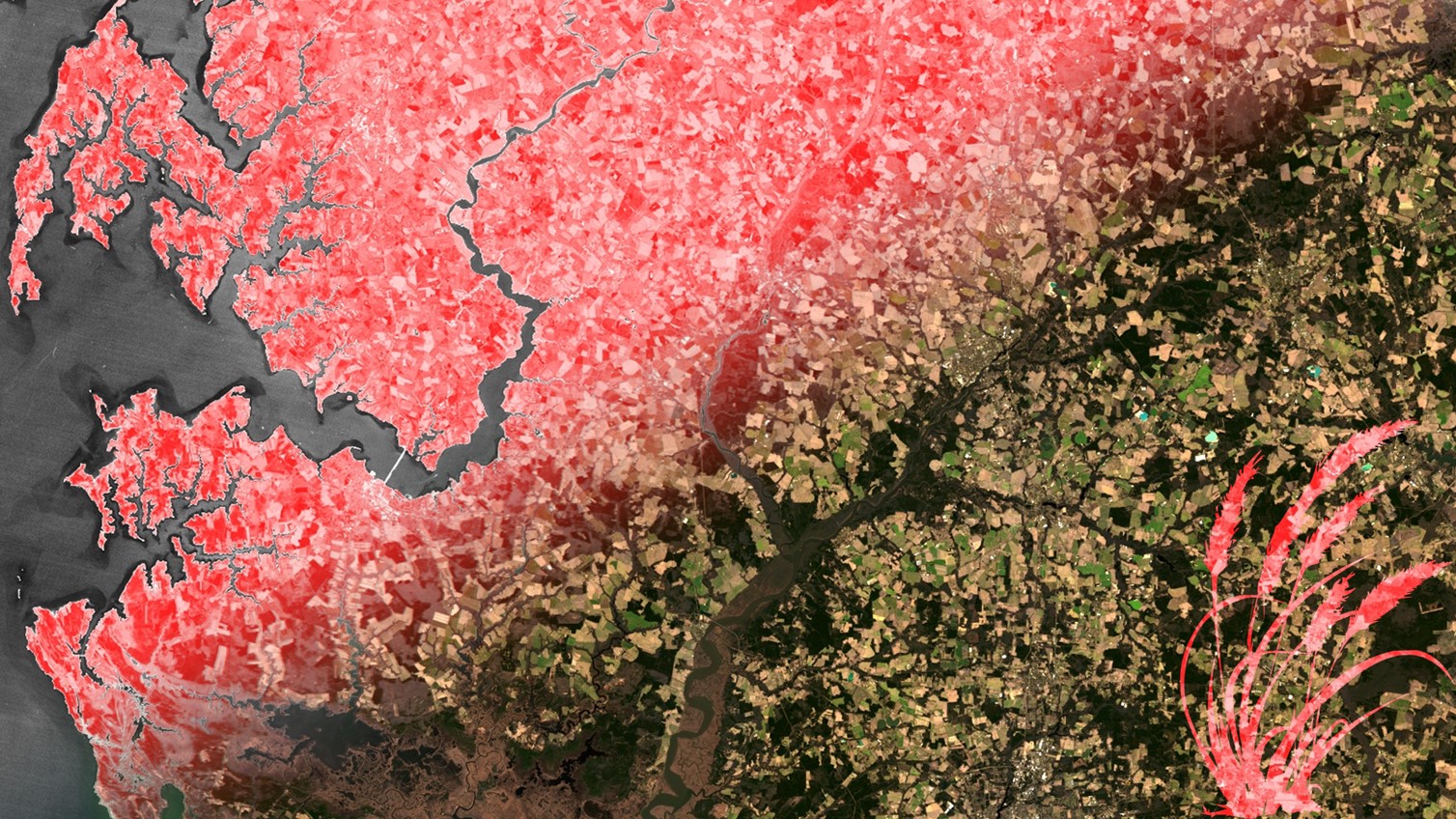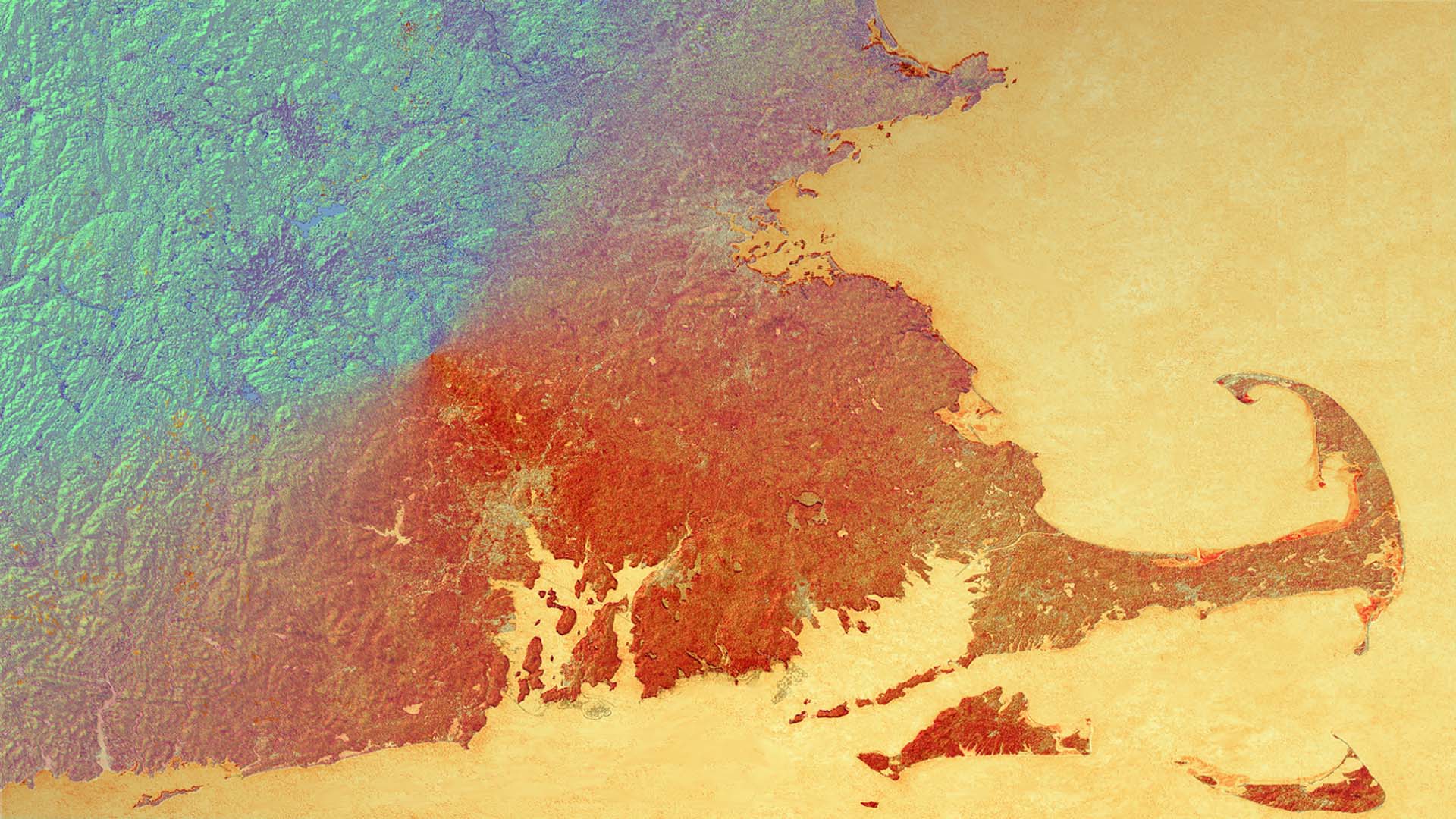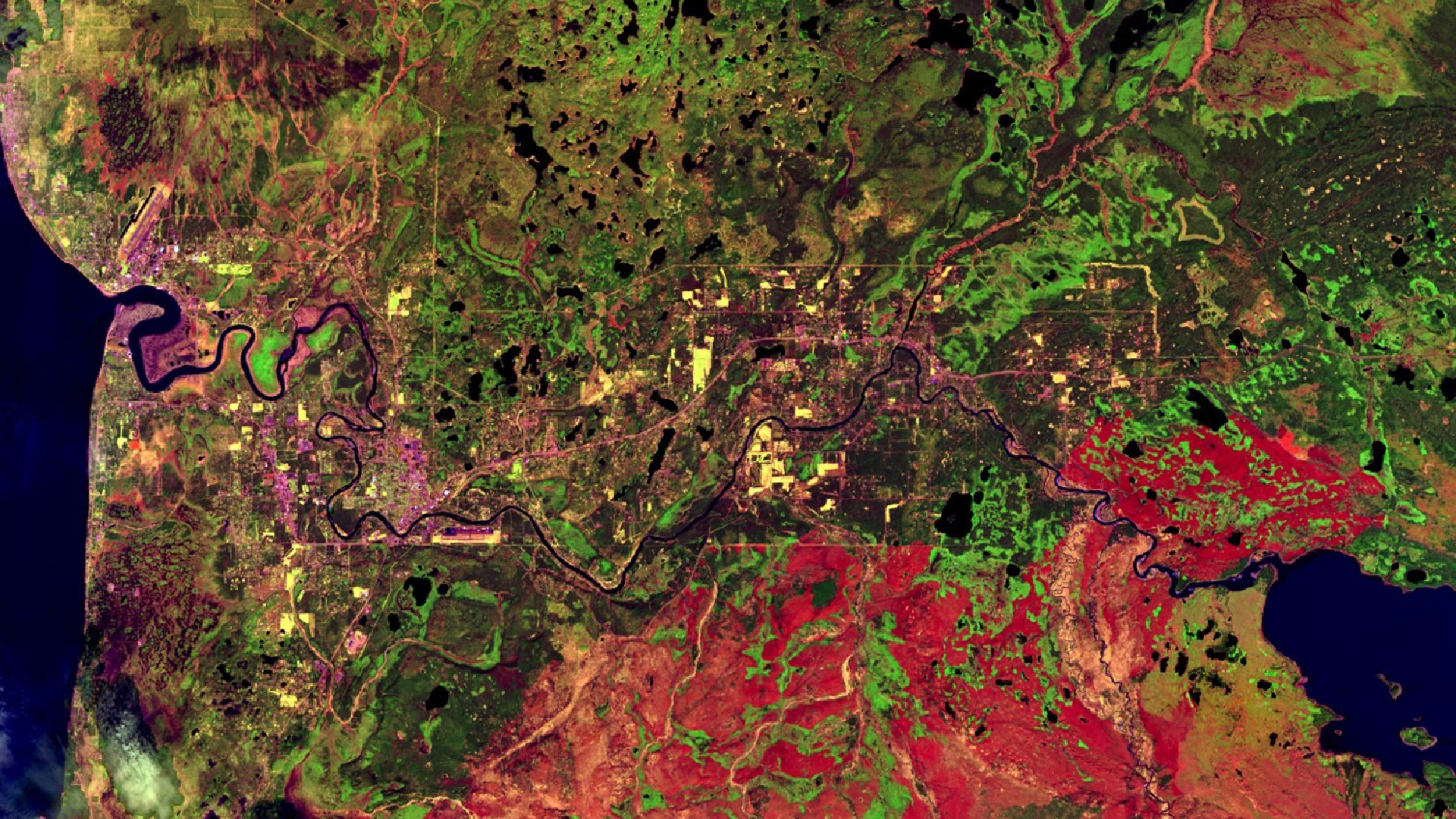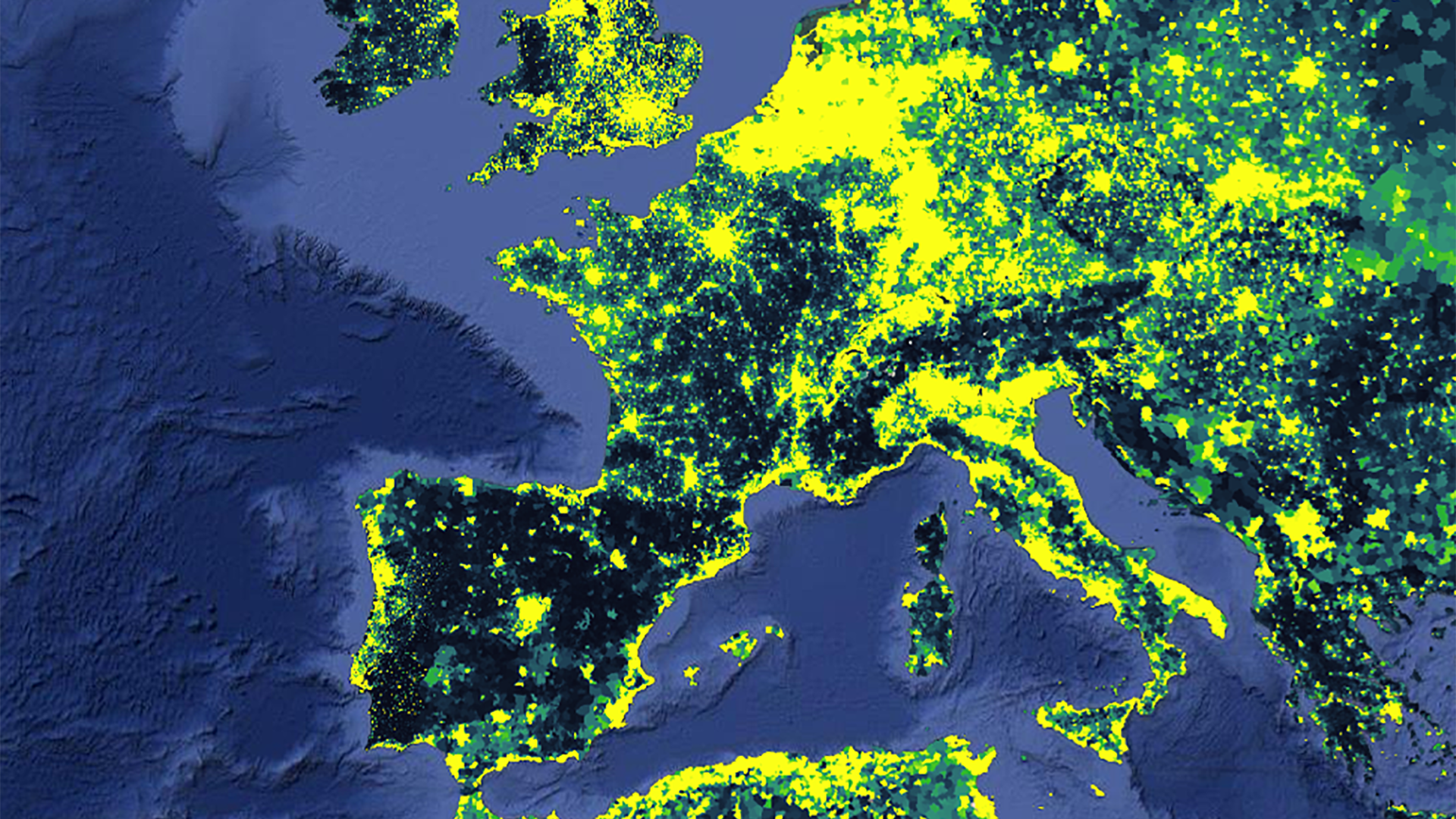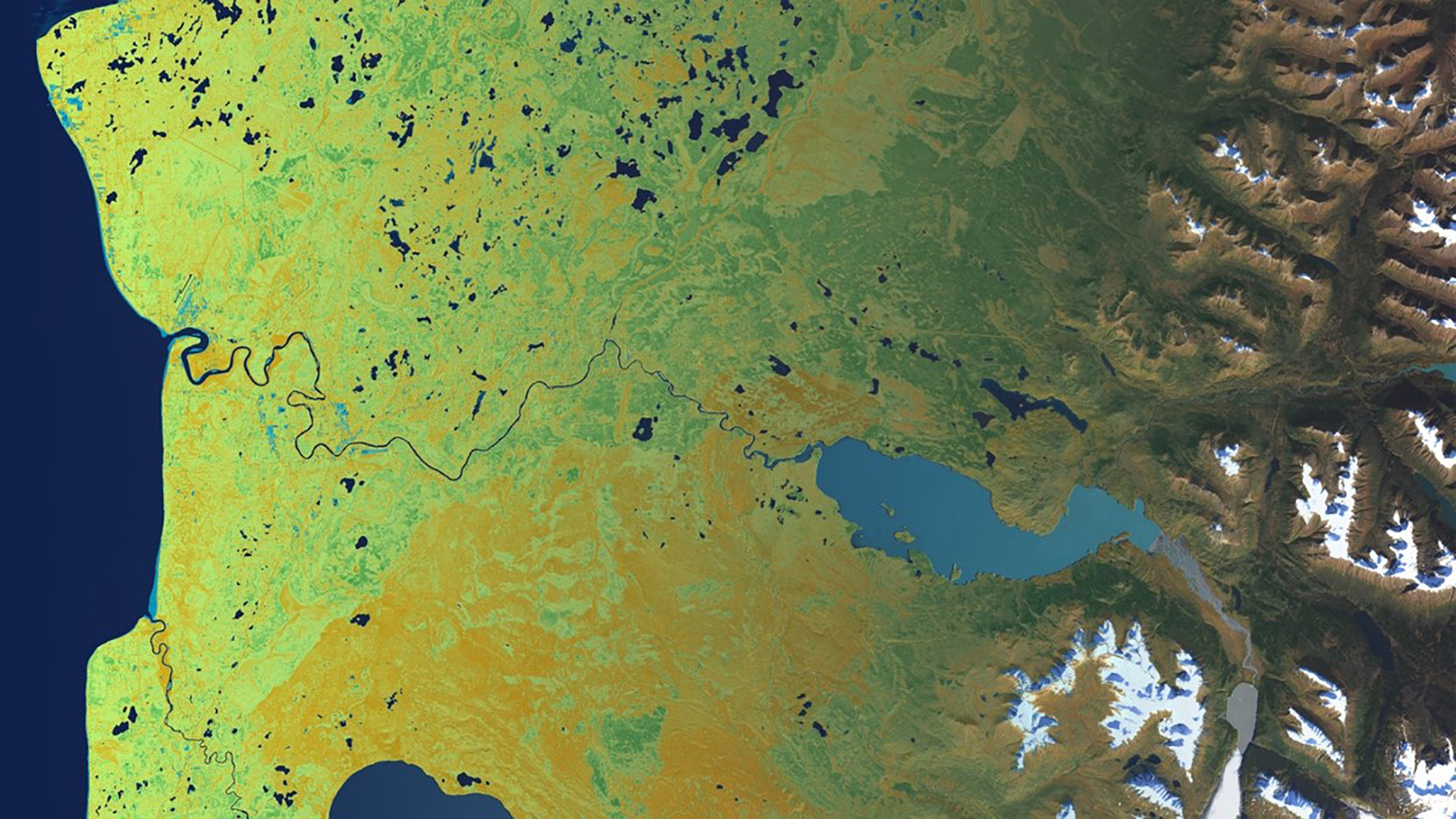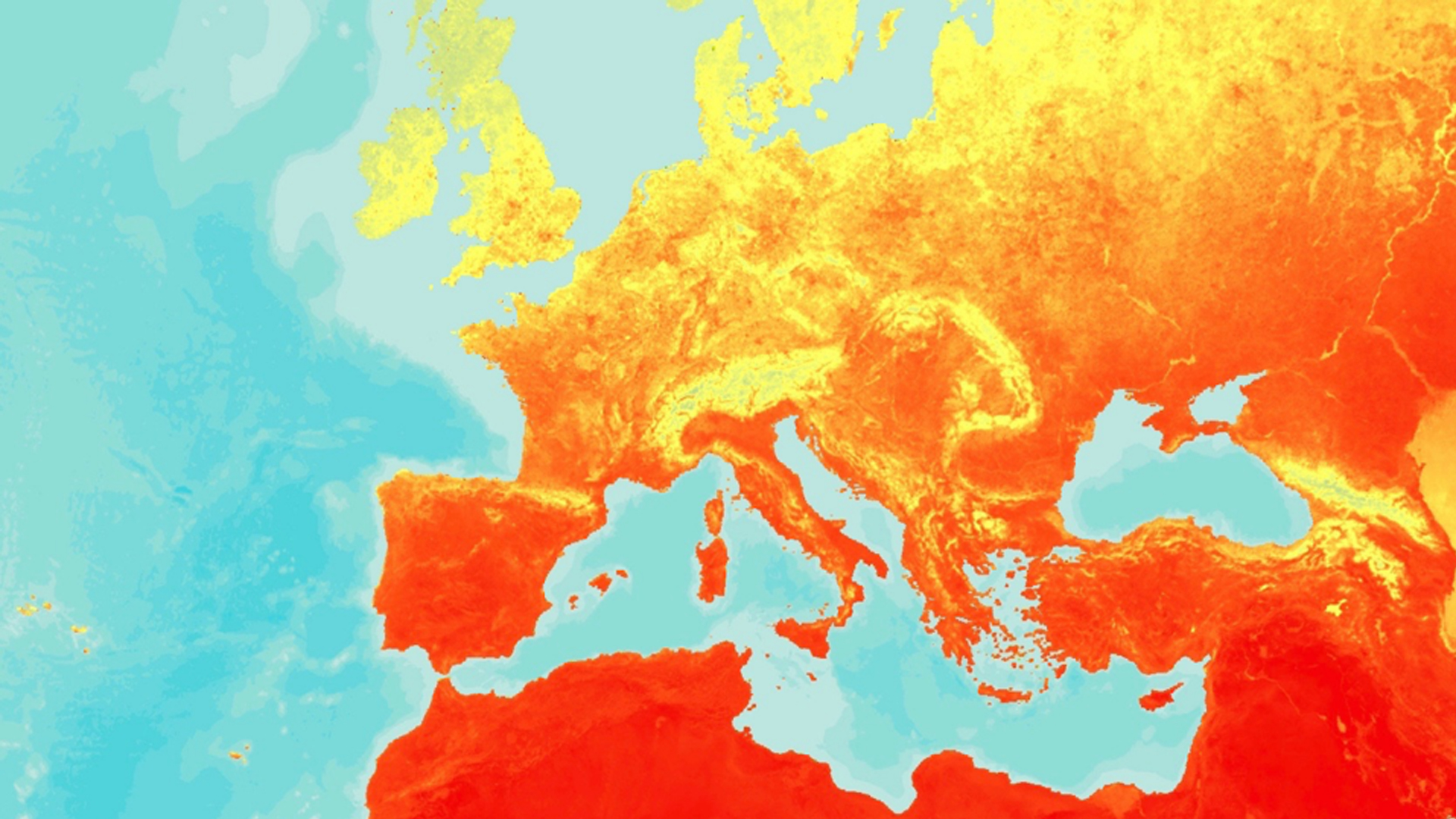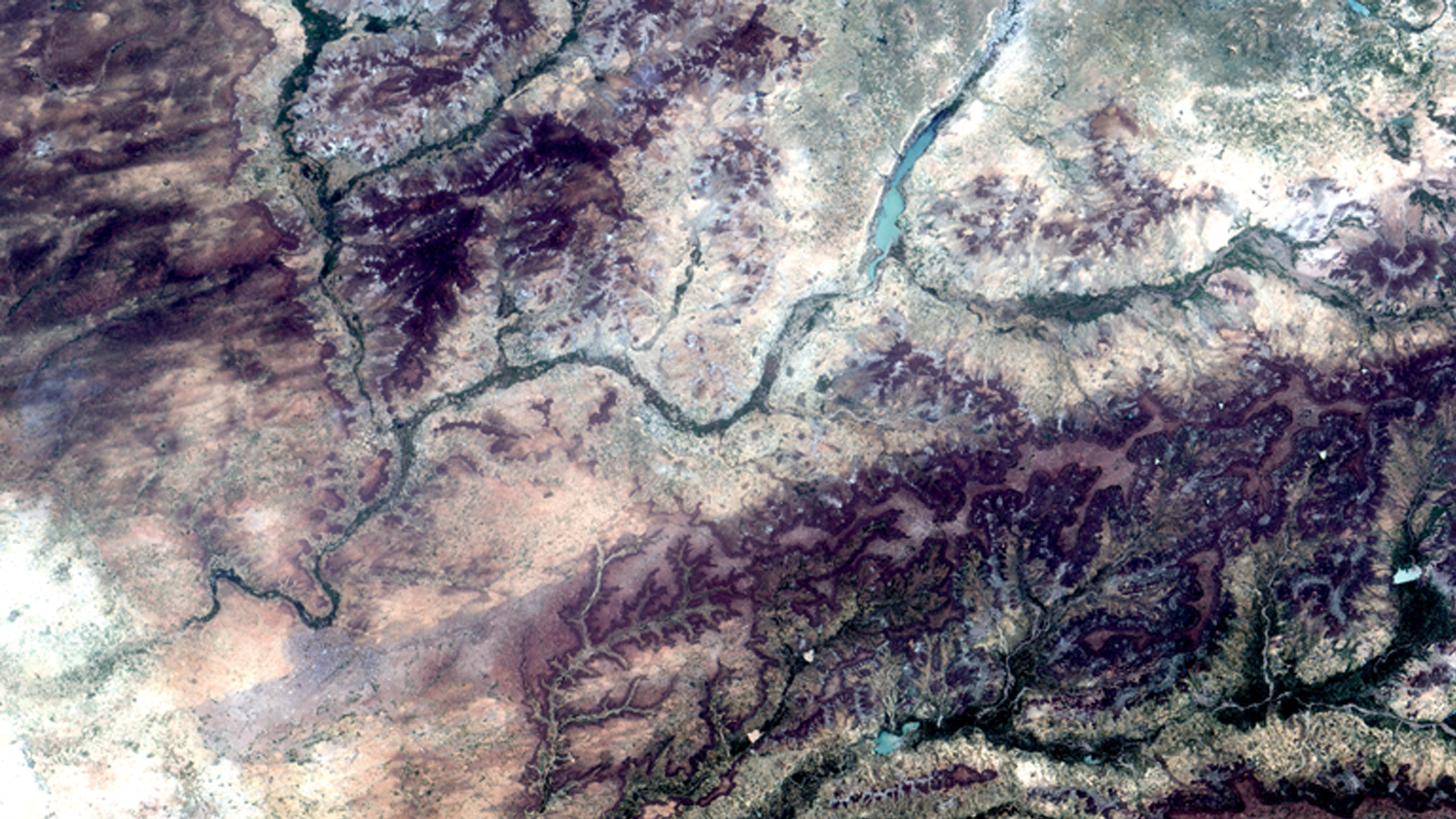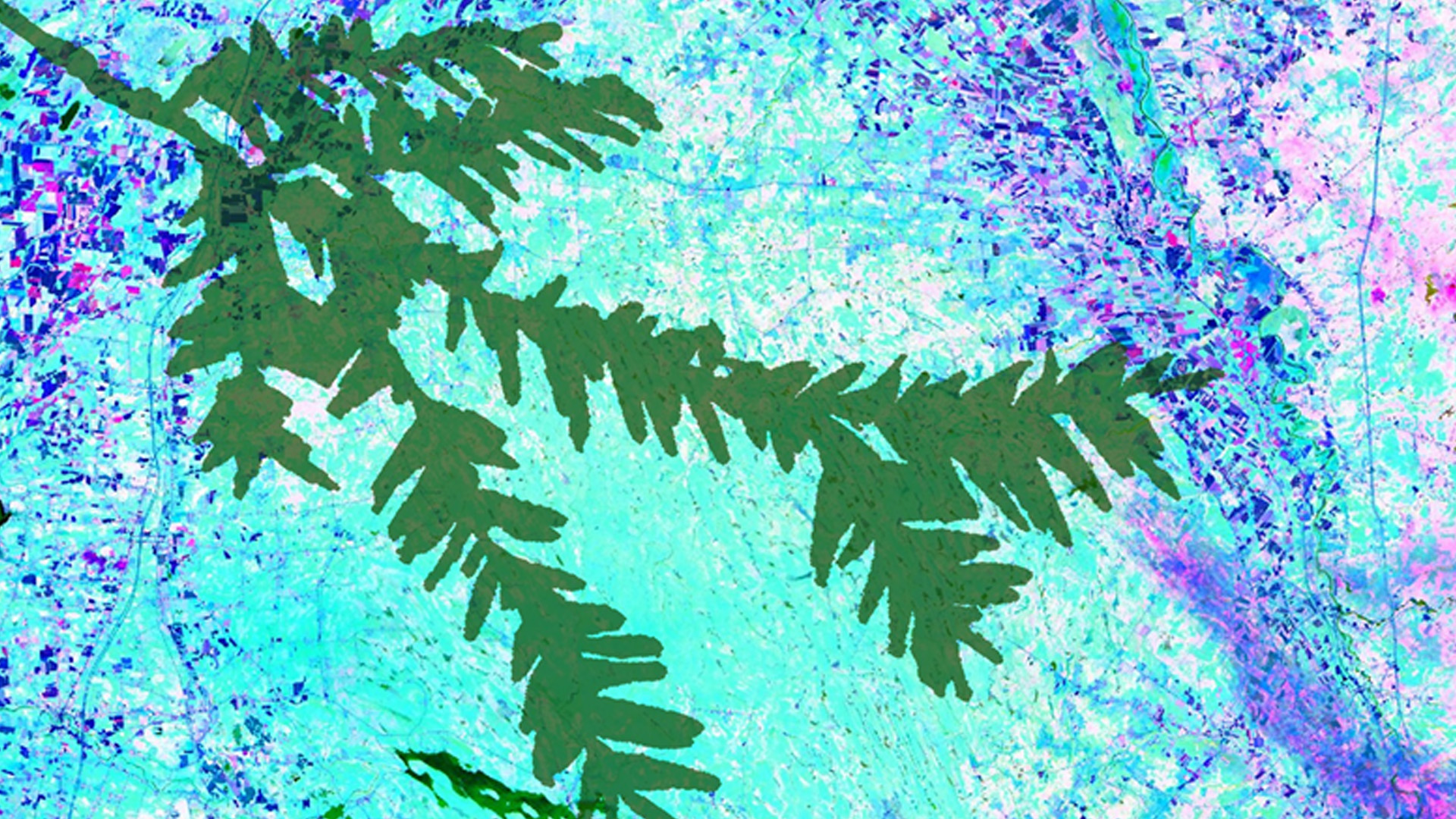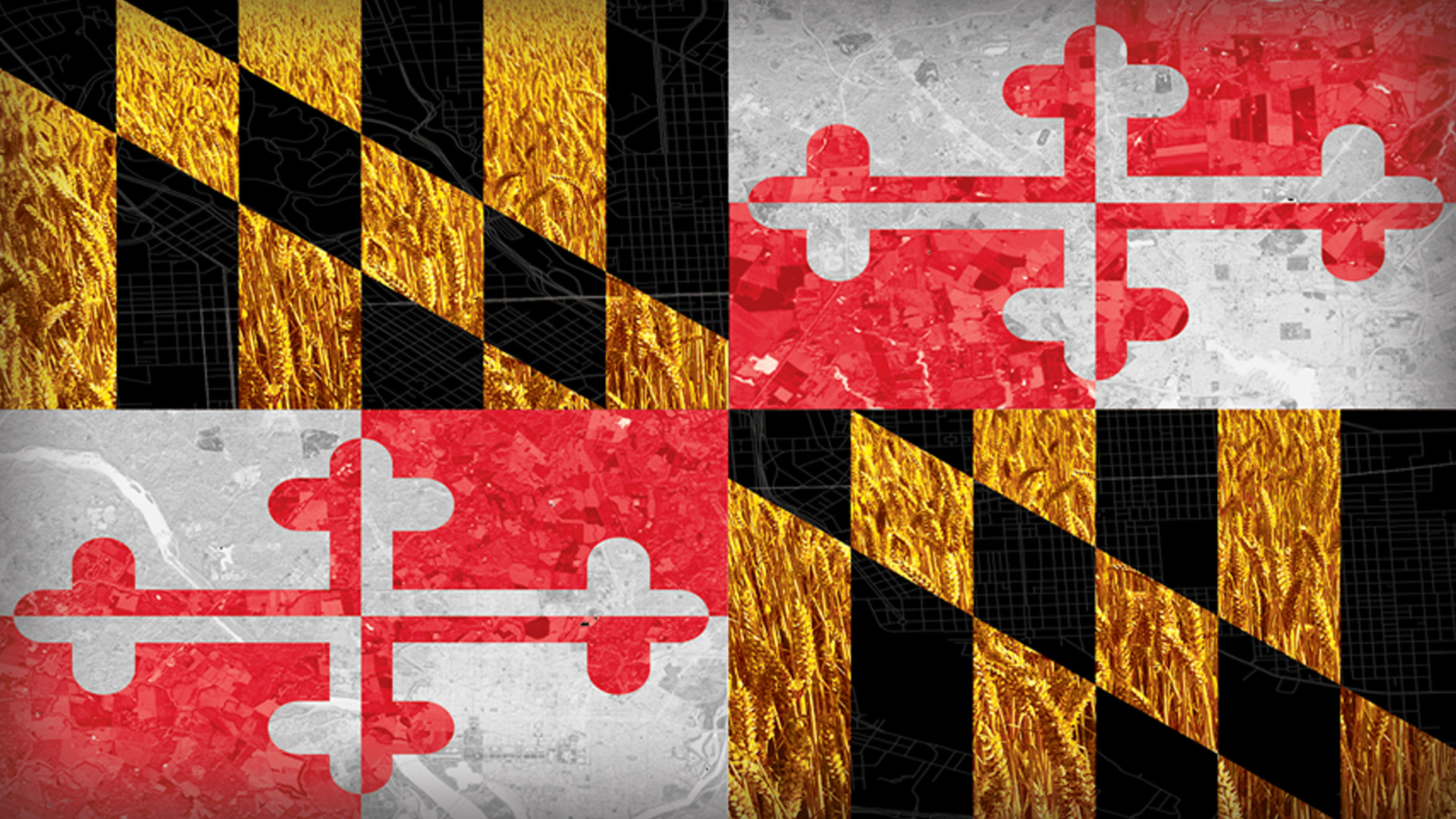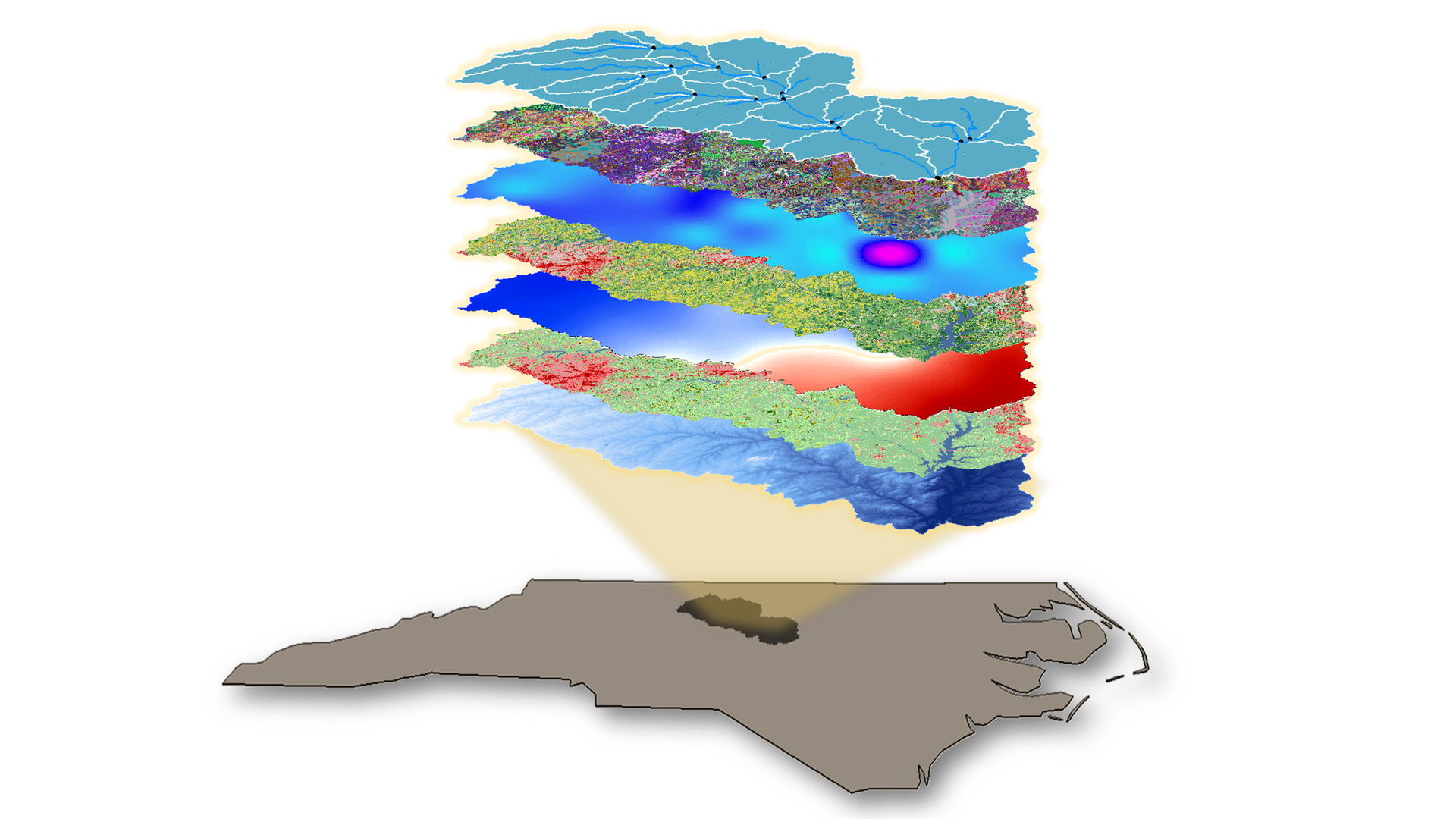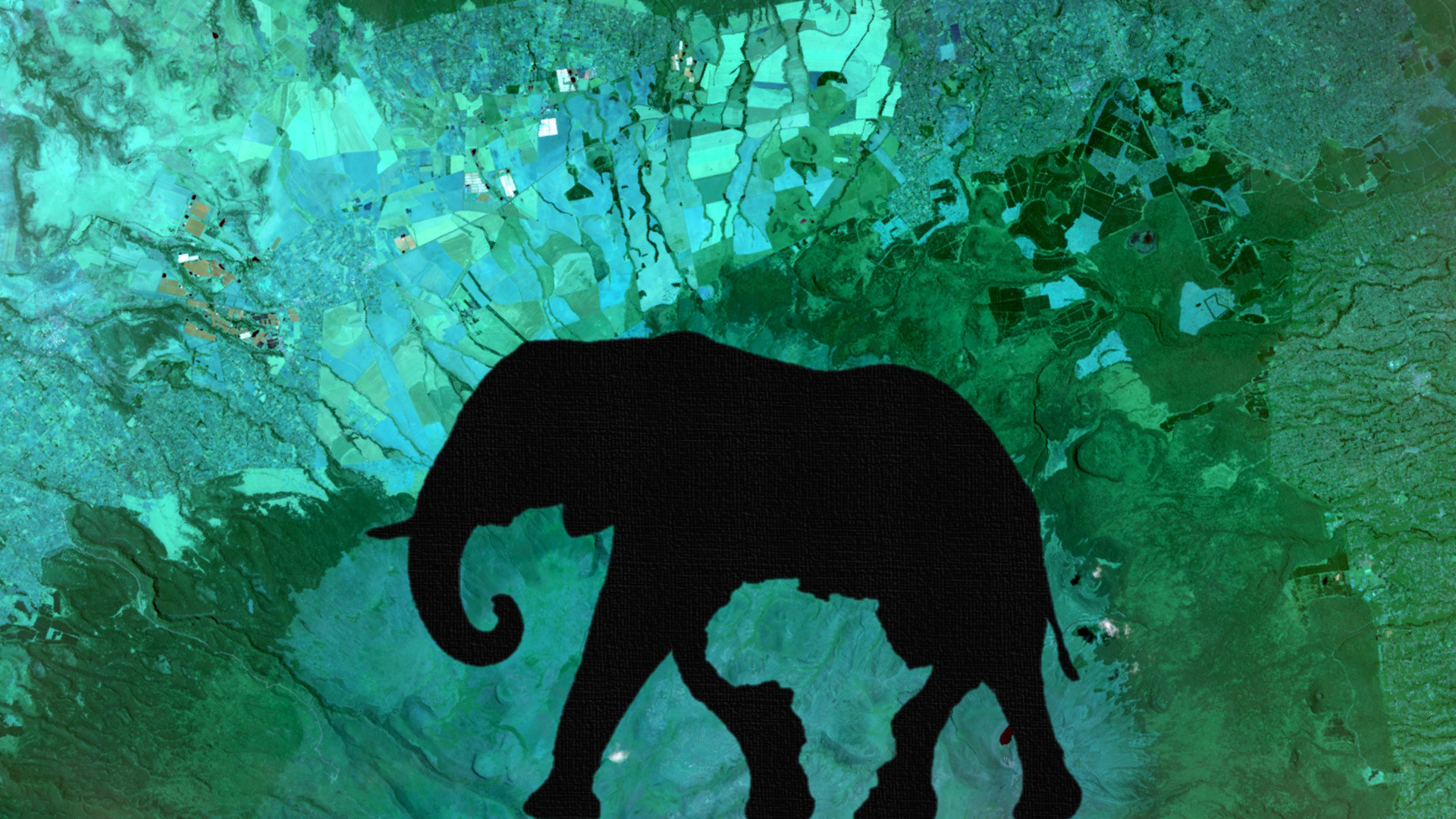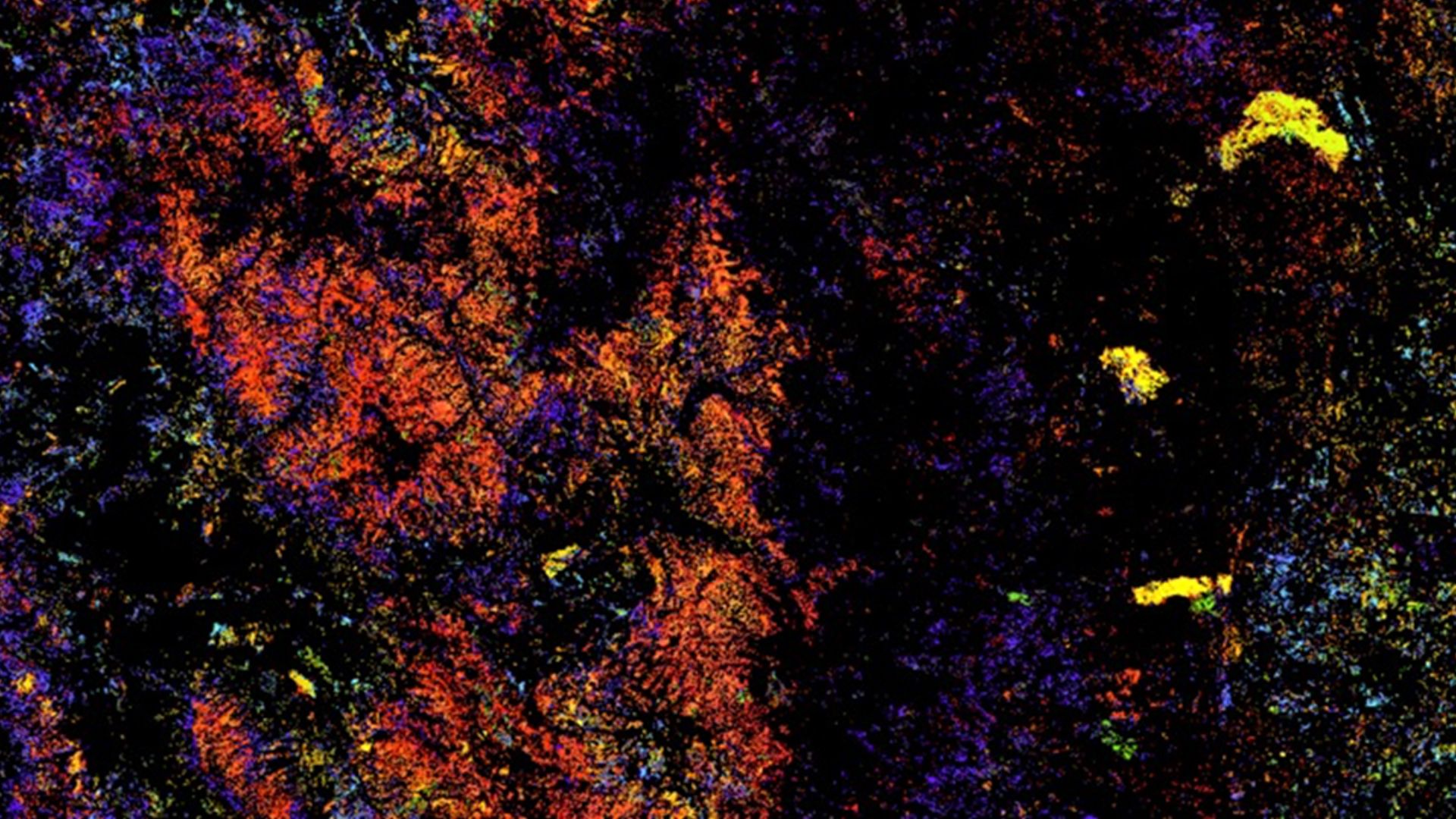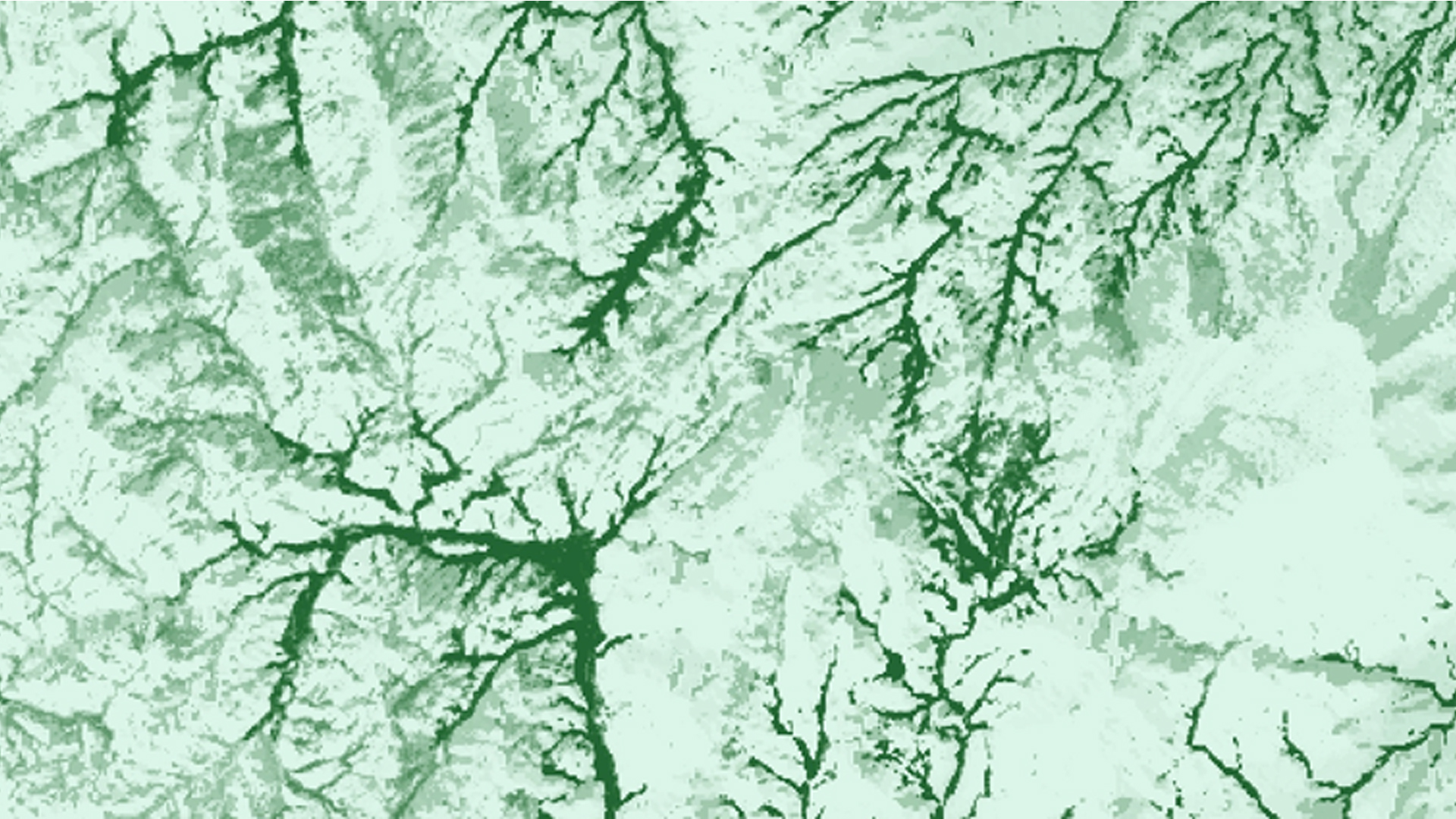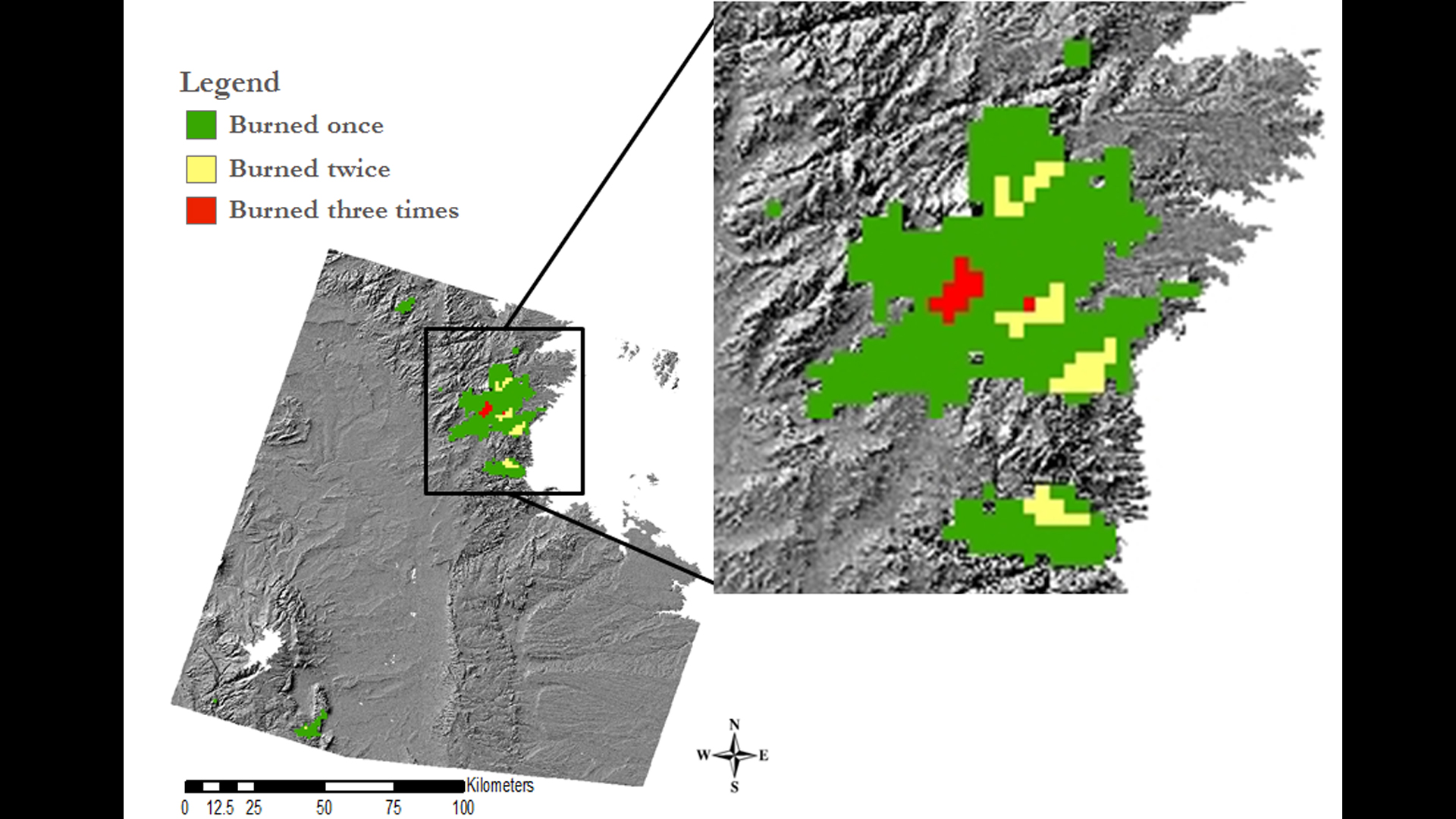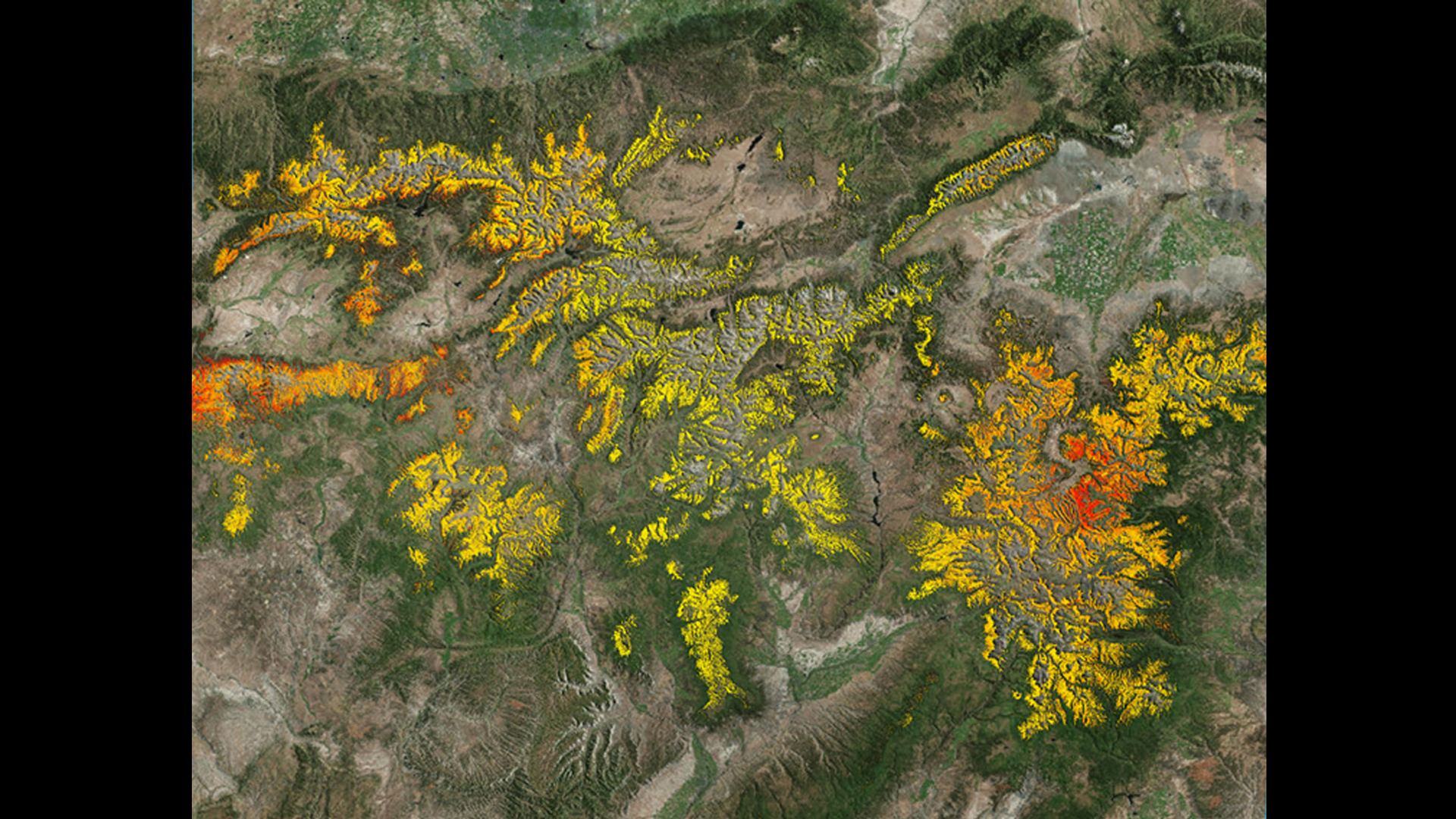Maryland – Goddard
Maryland – Goddard
Node Host: NASA Goddard Space Flight Center
Acronym: GSFC
About the Node Hosts: The NASA Goddard Space Flight Center (GSFC) was named after the American rocketry pioneer Dr. Robert H. Goddard. It was established as NASA's first space flight complex on May 1, 1959 in Greenbelt, Maryland, and is a crucial part of NASA's space exploration missions and countless scientific discoveries.
Located in Greenbelt, MD, just outside of Washington, D.C., Goddard is home to Hubble operations and other operational NASA satellites including Terra, Aqua, Aura, GPM, Landsat 7, Landsat 8, and the SOHO mission to name a few. Goddard scientists stare into the sun, look into the farthest reaches of space, and model the dynamic processes playing out across the Earth. Within Space Sciences, Goddard has distinguished itself with the 2006 Nobel Physics Prize given to John Mather and the COBE mission. Goddard has developed more instruments for planetary exploration than any other organization, among them scientific instruments sent to every planet in the Solar System, and boasts the largest collection of scientists and engineers in the U.S. dedicated to increasing knowledge of the Earth, the Solar System, and the Universe via observations from space.
History of the DEVELOP Node: The DEVELOP node at Goddard Space Flight Center (GSFC) was founded in 2004. The DEVELOP program was originally brought to GSFC as the center hosts the largest collection of Earth scientists on the planet. The synergy between Earth science as a foundation for DEVELOP projects made locating the node at GSFC a springboard for collaboration, discovery, and innovation.
About the Node: The DEVELOP program at GSFC hosts on average 5 projects per year, with 20 participants spread across the spring, summer, and fall terms. The node tackles diverse projects within the following application areas: agriculture, health & air quality, disasters, water resources, with a focus on ecological forecasting.
Advising at GSFC spans the expertise of the Earth sciences, ranging from: climate modeling, cryospheric sciences, hydrological sciences, biospheric sciences, and geodesy and geophysics, to name a few. Immersed within a hub of Earth science provides DEVELOP participants access to some of the top scientists in their field, and exposes them to cutting edge research during their time in the program.
- Location
- Greenbelt, Maryland
- Node Leadership
- Fellow: Dr. Nicole Ramberg-Pihl
- Science Advisor: Dr. John Bolten
- Featured Project
- Rocky Mountain National Park Agriculture

Projects
Publications
Ravenous Mites Devastate Puerto Rico's Palms – Earth Observatory (website) – October 5, 2016
As the Rains Start: Using NASA Data to Automatically Detect Potential Landslides in Nepal – NASA (website) – July 7, 2016
NASA joins fight against invasive Great Lakes shoreline plant – Detroit Free Press – July 5, 2016
